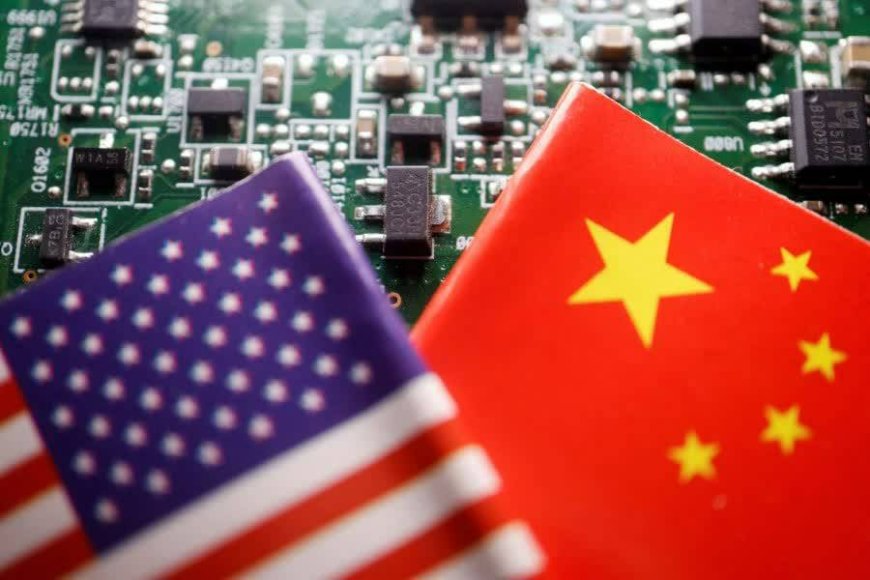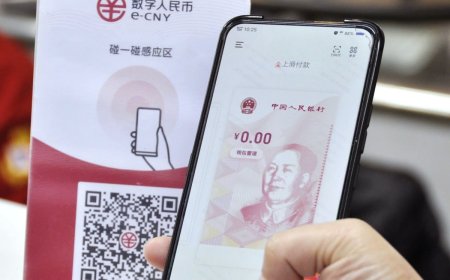Semiconductor Showdown: Unveiling the Escalating Technological Warfare between the US and China
Semiconductor Showdown: Unveiling the Escalating Technological Warfare between the US and China

The fierce technological warfare between the United States and China has become a focal point in the global landscape, representing a high-stakes competition between these two major powers. This intense rivalry is reshaping the world order and carries significant implications for various aspects of human life and international relations. One critical battleground in this conflict is the semiconductor industry, which holds immense strategic importance and has far-reaching consequences for global dynamics.
The ongoing technological warfare between the United States and China has direct and immediate effects on the semiconductor industry ecosystems of both nations. In a bid to safeguard national security interests and prevent the leakage of critical skills and technology to China, President Biden signed an executive order on August 9th, enabling the United States to invest in specific technologies and products of interest. This bold move by the Biden administration has prompted China to respond with countermeasures, including restrictions on the export of essential chips and rare metals that are vital for semiconductor production and technological advancements. China has been proactive in reducing its dependence on Western countries, particularly the United States, in the semiconductor industry.
As early as 2015, Beijing announced ambitious plans to increase domestic production of semiconductor chips to 40% by 2020 and further to 70% by 2025. The intensifying technological competition between the United States and China in the semiconductor industry has resulted in significant disruptions in China's semiconductor chip supply chain due to US sanctions. The primary objective for the United States is to maintain its global leadership position and ensure that China does not surpass it in technological advancements. Losing the semiconductor competition would leave China at the mercy of countries such as the United States and Taiwan, which possess greater control over the chip supply chain. This outcome is unacceptable to China's leadership, particularly President Xi Jinping.
China recognizes that achieving relative independence in strategic areas such as space, artificial intelligence, communications, and quantum computing hinges on gaining dominance in semiconductor chip manufacturing. The US sanctions imposed on Huawei and ZTE in the telecommunications sector in 2019 laid the groundwork for China's strategies to reduce its dependence on Western technology. Through government-sponsored programs such as the "Big Fund" plan and "State Council Document No. 8," China has been actively working to diminish its reliance on the United States and develop its own capabilities in the semiconductor chip sector.
The US actions to restrict the export of strategic chips have extended to certain countries in the Middle East, indicating a shift in trust towards regional partners. The US prefers to trade with its closest allies, particularly the Persian Gulf countries, while closely monitoring regional movements through enhanced surveillance mechanisms. China and Russia's growing activities in the Middle East, including involvement in resolving tensions and establishing a foothold in energy and transit markets, have raised concerns for the US, leading to restrictions on chip exports to the region.
Countries in the Middle East actively pursue the development of their digital economies, electronic assembly industries, and smart cities. However, these projects coincide with the increasing influence of China and Russia in the region. The presence of Chinese and Russian contractors in major infrastructure projects raises concerns for the US, prompting measures to counter their influence.
Iran has become a focal point for the US in terms of restricting access to strategic chips due to its advancements in military drones and ballistic missiles. However, these actions are unlikely to impede Iran's progress as it relies on domestic capabilities for chip production. Furthermore, China and Russia may seek to obtain strategic chips through their trade allies in the Middle East, particularly the UAE, further complicating the US's efforts.
The ongoing US-China technology war has far-reaching implications for the semiconductor industry and international relations. The US aims to maintain its global leadership position, while China seeks to achieve dominance in semiconductor chip manufacturing as a stepping stone to its ambitious goals. The extension of restrictions on chip exports to the Middle East reflects the US's concern over China and Russia's growing influence in the region. However, these restrictions risk pushing America's allies further into the arms of China, posing a counterproductive outcome for US interests.













































